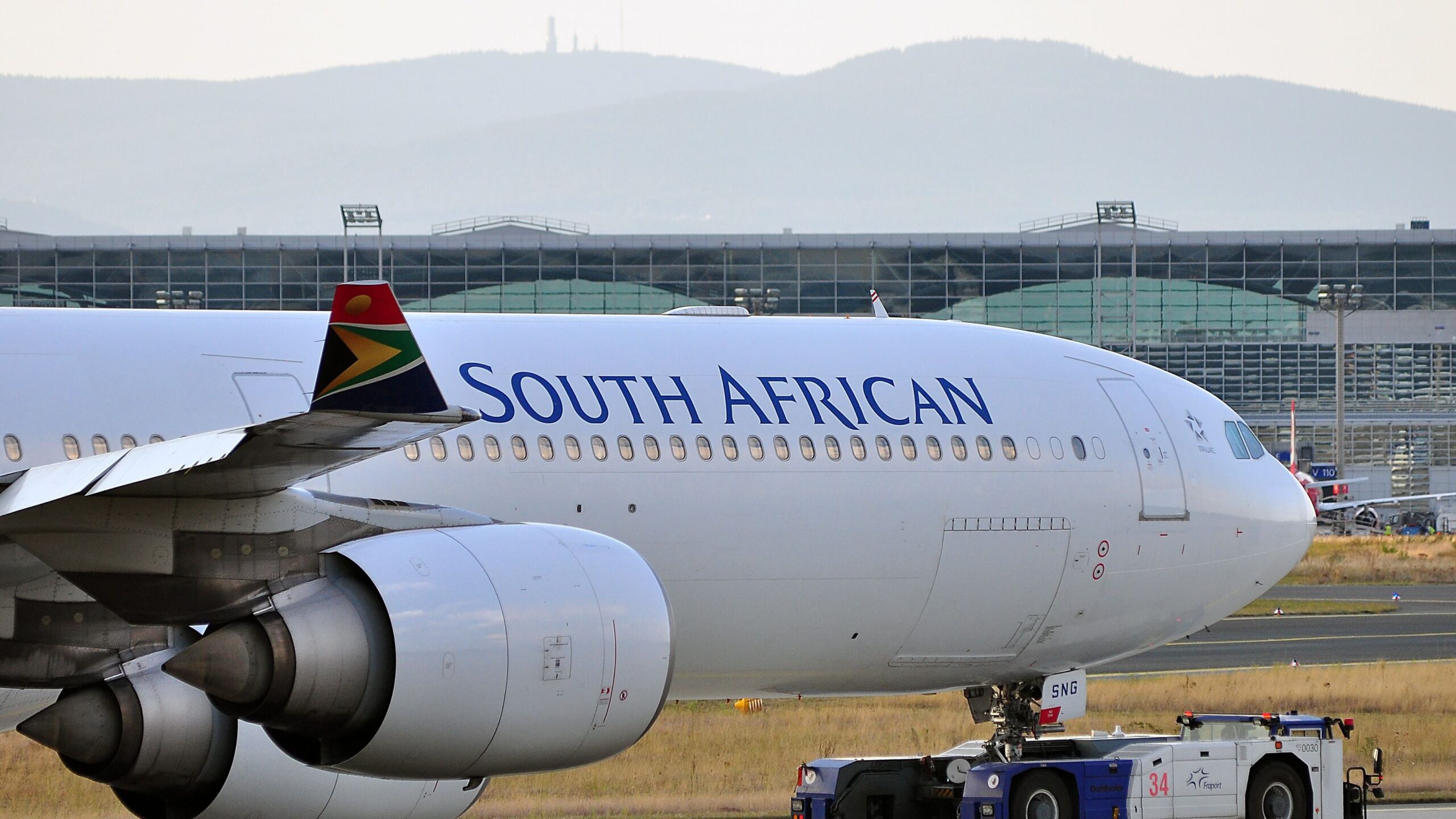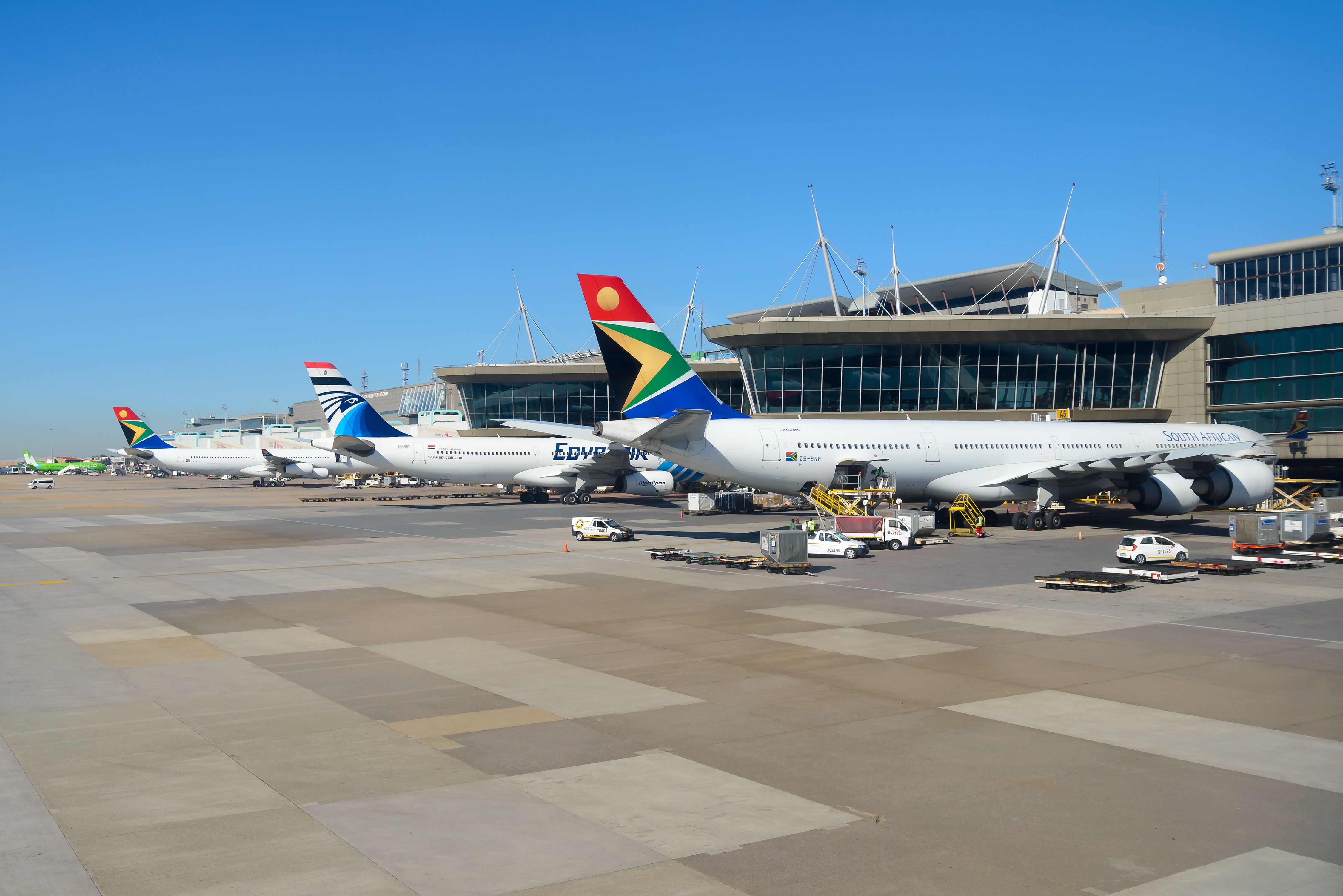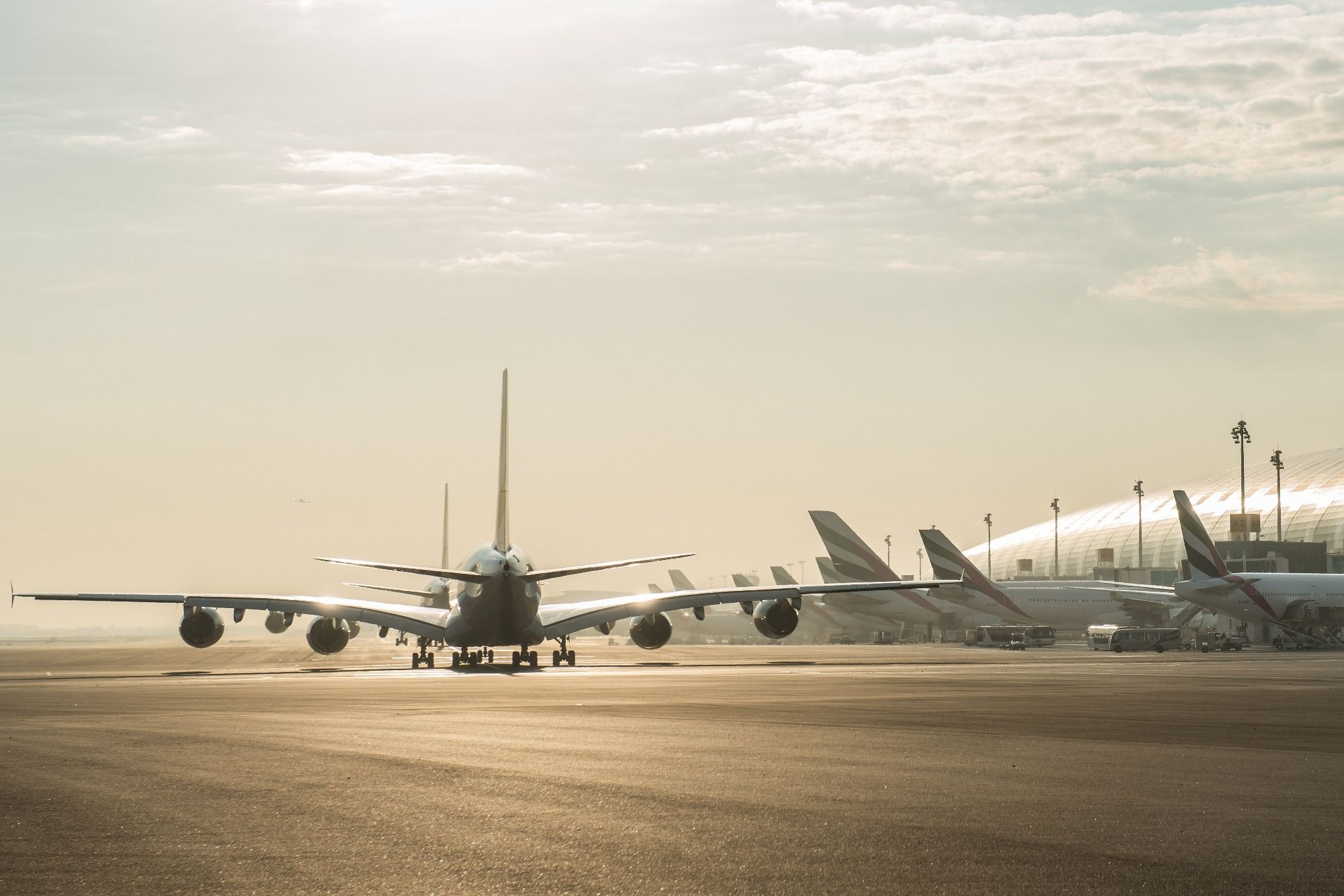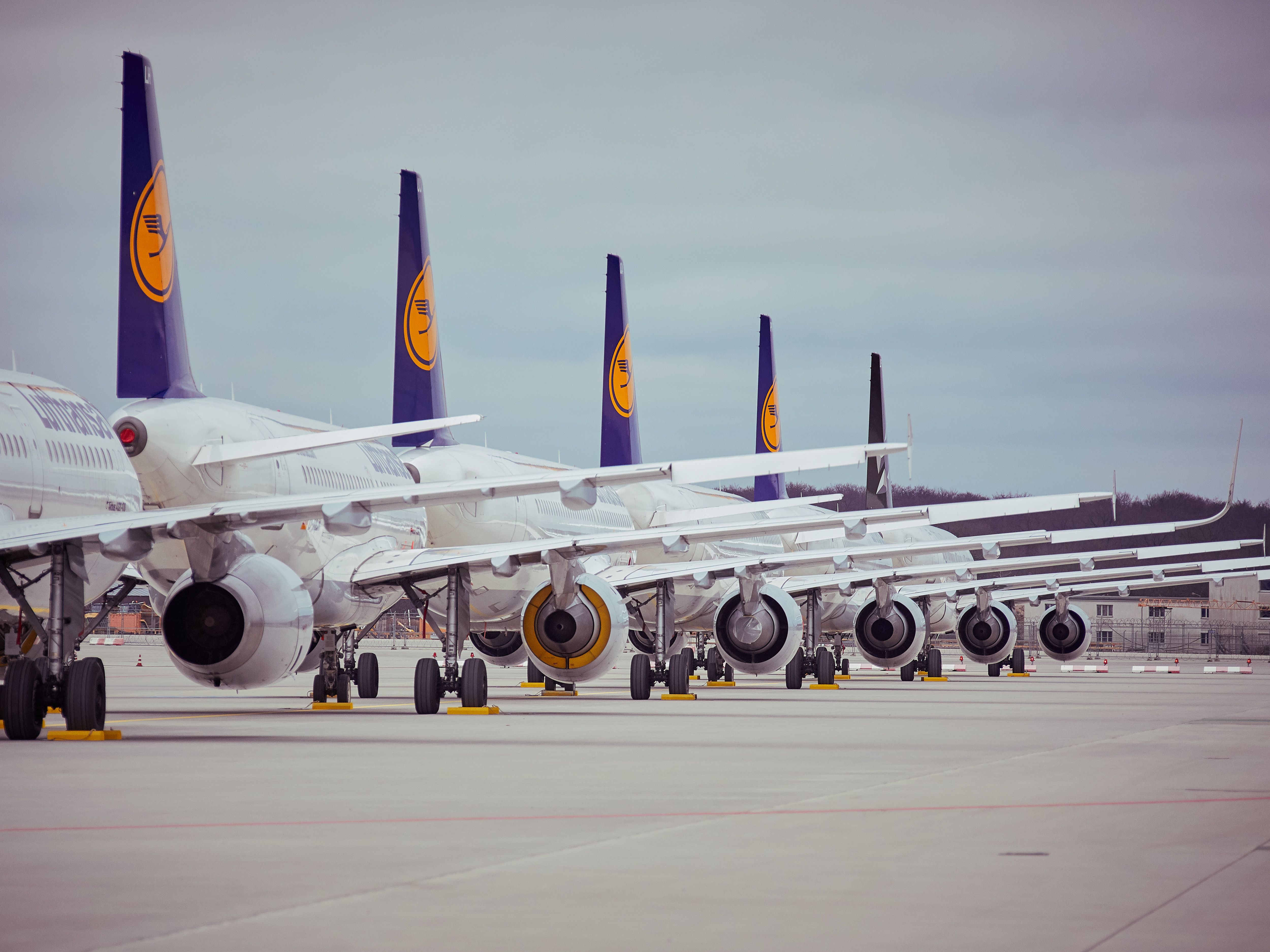A study investigating consumer behavior and environmental awareness among South African air travelers found that nearly 42% oppose the so-called green fees introduced by airlines. The study aimed to determine whether airlines’ green initiatives influence people’s decisions when selecting an airline.
The findings
The study, ‘Environmental Consciousness and Air Travel Behaviour: Perspectives from Domestic Air Travellers in South Africa,’ conducted a social media survey of 394 air travelers who were asked how they chose the airlines they flew with.
Of the 394 participants, 60.4% were female, while the remaining 39.6% were male. 70% of the survey participants used low-cost carriers rather than full-service carriers, and 60.2% said they primarily travel for leisure.
Photo: Thiago B Trevisan | Shutterstock
The research found that, of the 394 participants, all agreed that airlines should take action to reduce their environmental impact. However, when asked about extra charges to offset carbon emissions, only 31.5% were in favor of this, while 23.6% were indifferent. Additionally, 41.9% of those interviewed were against paying a green fee.
According to the study, South African air travelers believe that the airline industry, not passengers, is responsible for covering the expenses of climate change mitigation.
What are the green fees?
Flying is a significant source of carbon emissions. According to Our World Data, aviation accounts for 2.5% of global CO2 emissions but has contributed about 4% to global warming so far. However, its overall impact on climate change could be three times greater due to the additional non-CO2 greenhouse gases (GHGs) emitted by air travel operations, as per the study.
The aviation industry has pledged to achieve net-zero carbon emissions by 2050, according to the International Air Transport Association ( IATA
). To reach this goal, the industry has outlined several steps, including investing in and developing new technology and using less-polluting SAF, among other measures.
Photo: Dubai Airports
Achieving net-zero carbon emissions is costly. To help fund more environmentally friendly operations, airlines have introduced a new measure – green fees.
Simply put, airlines’ green fees are additional costs added to the ticket. These fees are associated with the airline’s environmentally friendly initiatives, such as the use of sustainable aviation fuel (SAF).
SAF is a jet fuel made from non-petroleum-based renewable feedstocks including, but not limited to, the food and yard waste portion of municipal solid waste, woody biomass, fats, greases, cooking oils, and other feedstocks.
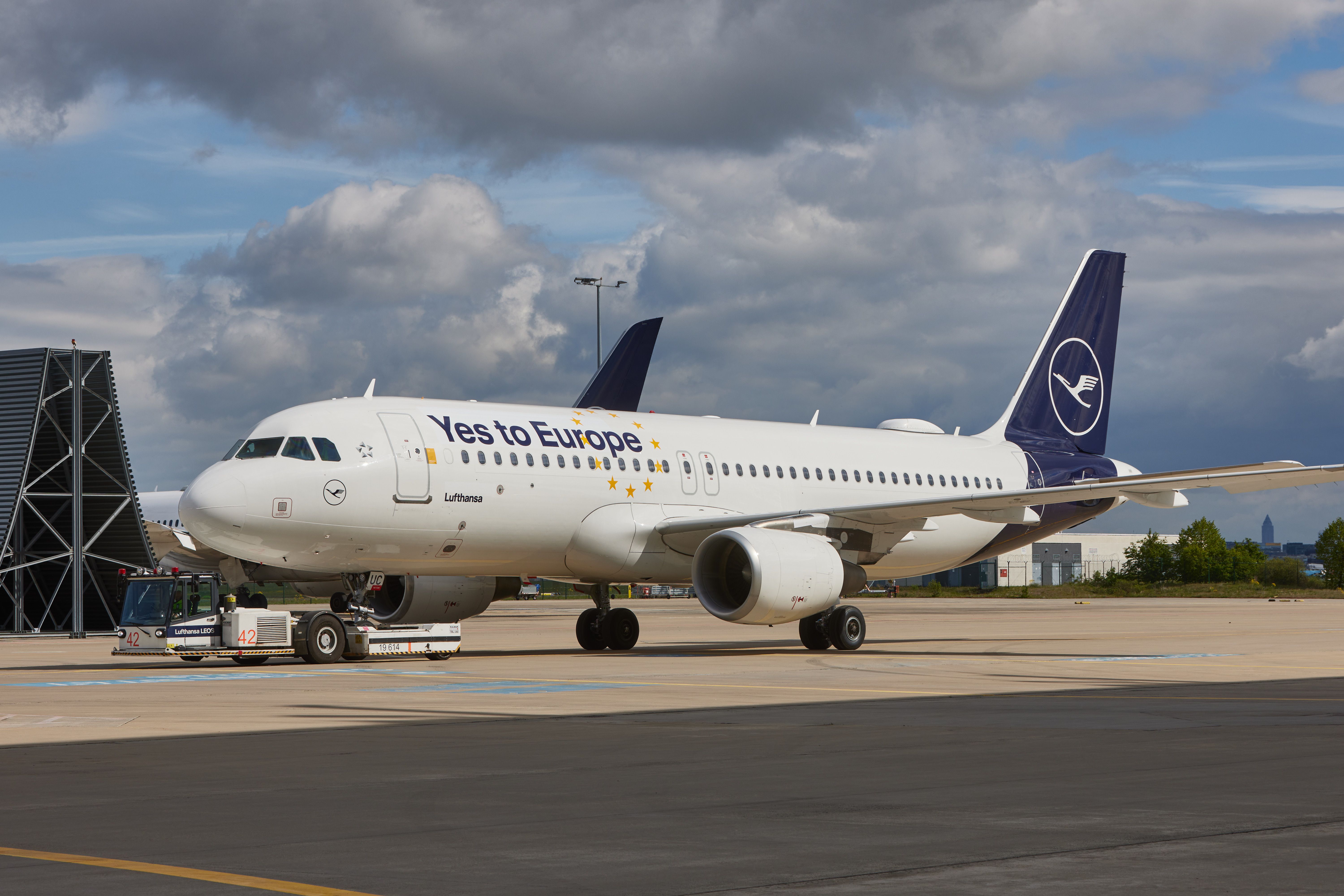
Related
IATA Director General Objects To EU Plans To Raise Airline Green Taxes
IATA has called for a practical approach when it comes to regulation of Europe’s aviation sector.
The Lufthansa green fee example
Germany’s Lufthansa, along with several other airlines, has introduced a green fee for passengers who wish to opt for more sustainable air travel.
Photo: Oliver Roesler | Lufthansa
According to ![]() Lufthansa
Lufthansa
, choosing an Economy Green or Business Green fare on European flights reduces 20% of the CO2 emissions associated with an individual flight by using sustainable aviation fuels (SAFs). The remaining 80% of CO2 emissions are offset through contributions to high-quality climate protection projects.
Meanwhile, choosing an Economy Green, Premium Eco Green, Business Green, or First Green fare on intercontinental routes will reduce 10% of the carbon emissions from an individual flight by using sustainable aviation fuels (SAFs).
Passengers who choose the Economy Green or Business Green fare can also earn extra loyalty points and enjoy flexible rebooking options.
However, incentivizing passengers to fly more by offering loyalty points may not be the most effective mitigation measure. Airline loyalty programs can contribute to higher emissions by encouraging increased air travel, promoting the use of more carbon-intensive seating options, and stimulating additional flights.
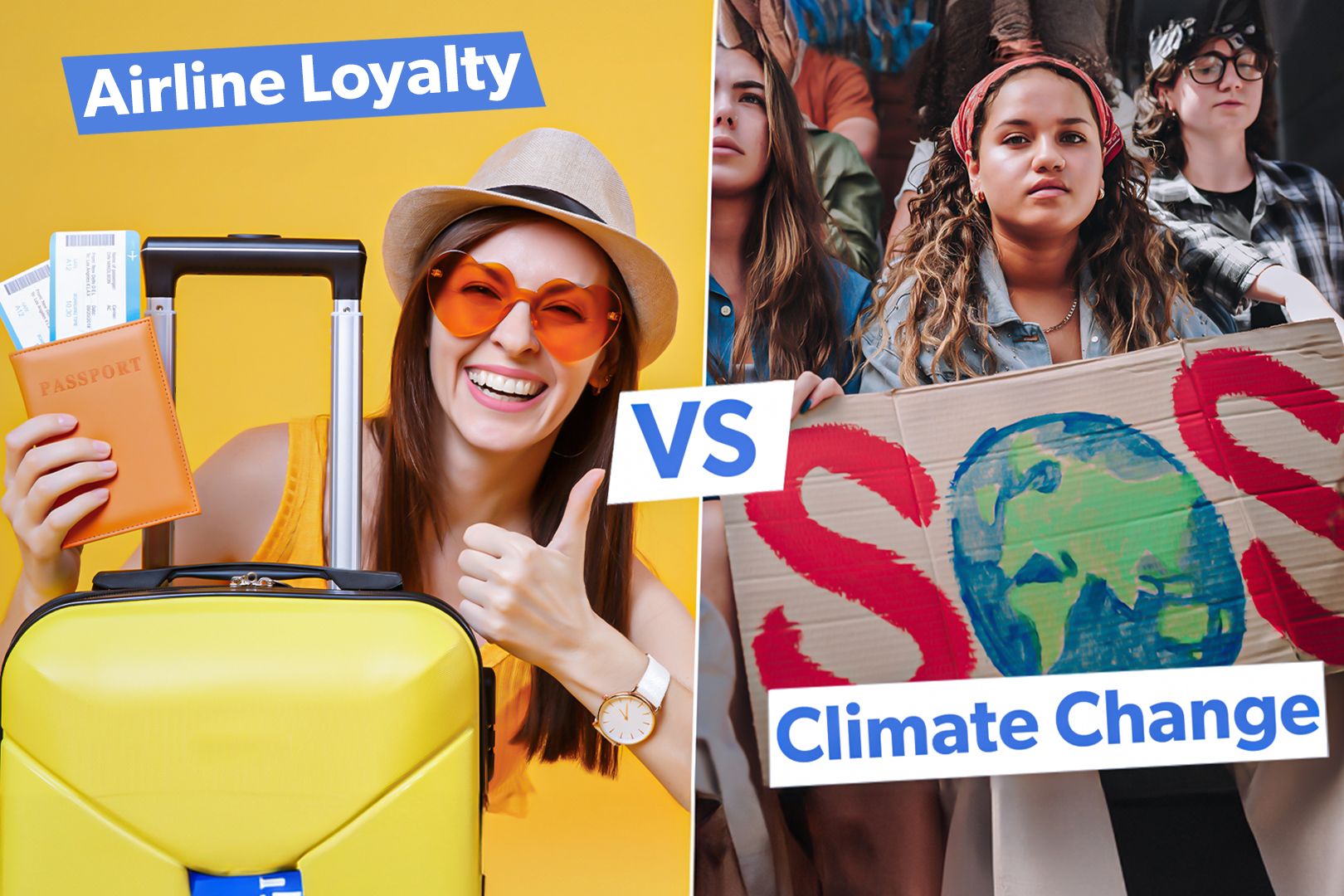
Related
Can Airline Loyalty Programs Play A Part In Tackling Climate Change?
Airline loyalty programs encourage using the most carbon-intensive seating options and promote additional flights.

